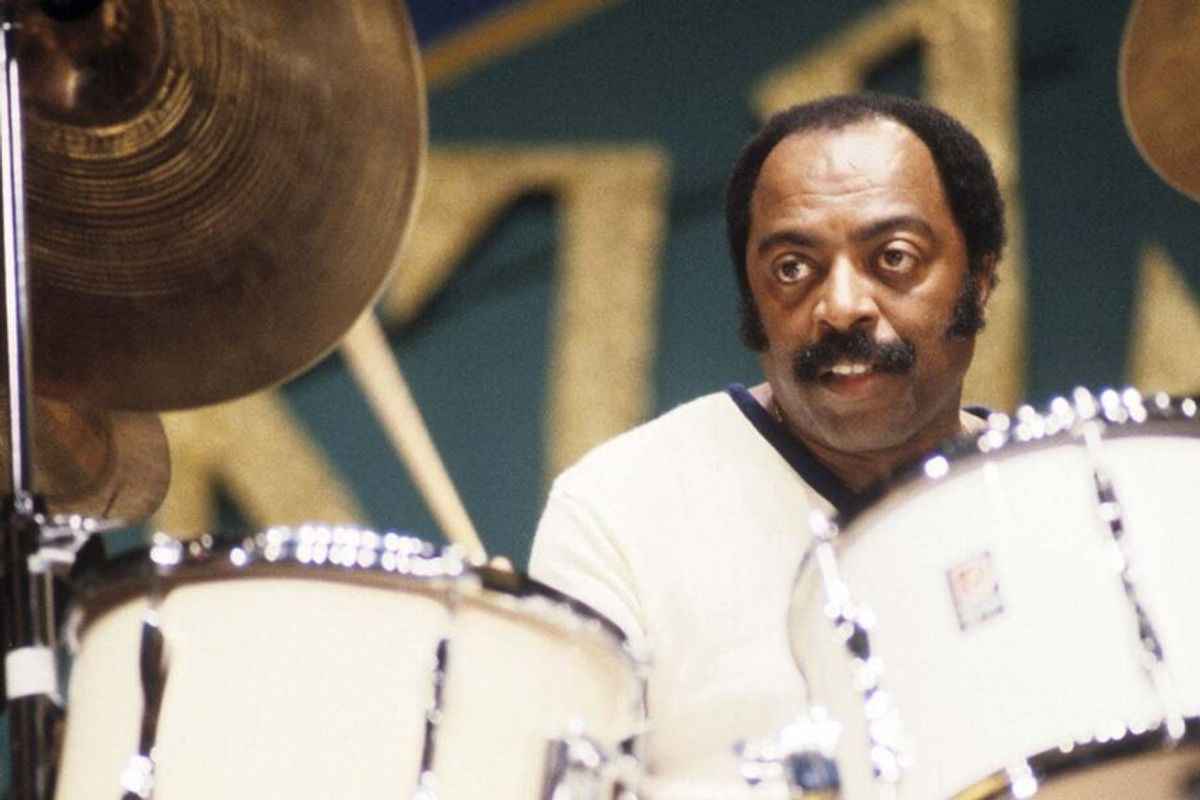Jazz drummer great Roy Haynes dies aged 99
Haynes was revered as one of the greatest jazz drummers of all time who helped to shape the bebop era
Reuters
News Agency Partner
Reuters is a leading source of news and information, delivering fact-based reporting and expert analysis on international events and trends.

Jazz drummer Roy Haynes
Roy Haynes had played with the likes of Charlie Parker, Miles Davis, and John Coltrane
Haynes' death on Tuesday was announced by his daughter, U.S. media reported
Roy Haynes, revered as one of the greatest jazz drummers of all time who helped to shape the bebop era and played with Charlie Parker, Miles Davis, and John Coltrane, has died at the age of 99. His daughter announced his death on Tuesday, U.S. media reported.
Born in 1925 in Boston, Haynes began to play the drums as a child. "I always wanted to be a drummer," he said in an interview with the website JazzWax in 2008. "My brother had drumsticks around the house, and those were the first sticks I picked up. The feeling and beat were always there, as long as I can remember."
His career began in swing bands, and he worked for Louis Armstrong shortly after moving to New York in 1945 before working with saxophonist Lester Young. After touring with singer Sarah Vaughan in the 1950s, he played with Coltrane - who called him "one of the best drummers I've ever worked with" - Stan Getz and Eric Dolphy before setting up his own band towards the end of the 1960s.
Haynes—whose nickname "Snap Crackle" reflected his energetic playing style—stood out among drummers for his flexible approach to tempo, which influenced artists such as Tony Williams and Jack DeJohnette.
His voice was used as the presenter of a jazz radio station in the video game Grand Theft Auto IV, and he performed an annual show to mark his birthdays at the Blue Note club in New York well into his 90s.
Haynes' death comes shortly after that of another leading U.S. jazz performer who cut his teeth in the bebop era—saxophonist Lou Donaldson died on Saturday at the age of 98.







Comments
See what people are discussing